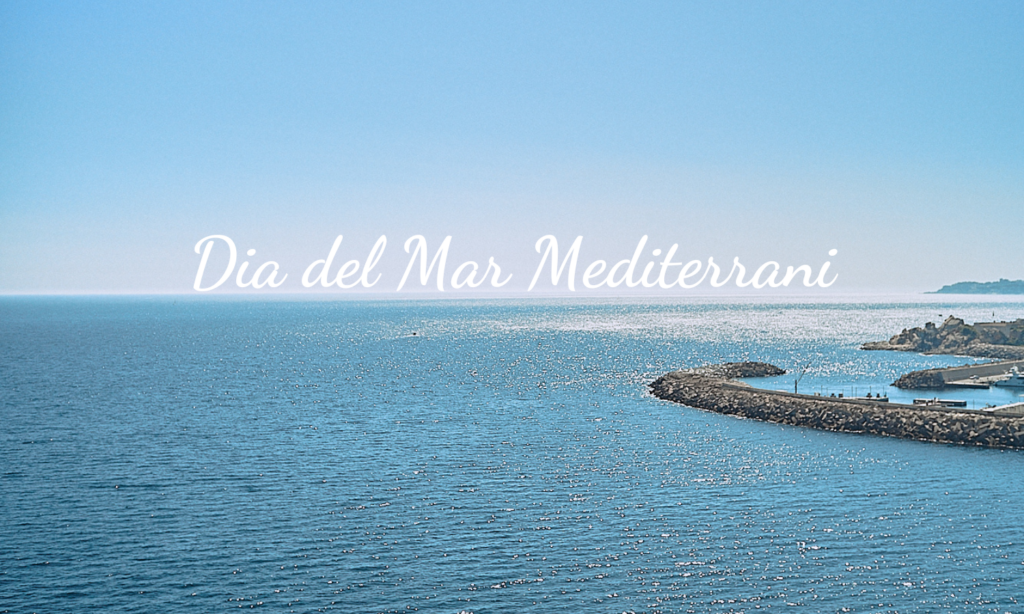Reading: 2 min 30s
The Mediterranean: more than a sea, a meeting point between lands, cultures, and histories.
November 28 marks the celebration of the Day of the Mediterranean🌊.
This commemoration was established in 2020 by the 42 member states of the Union for the Mediterranean (UfM) to highlight the cultural heritage, diversity, and achievements of this region, as well as to promote intercultural dialogue.
The choice of date coincides with the signing of the Barcelona Declaration on November 28, 1995, which marked the beginning of the Euro-Mediterranean Partnership Process.
🌍 Discover in this post how this unique sea connects continents and languages, and why it is so special for our biodiversity and heritage🌿.
Etymology: The word “Mediterranean” comes from the Latin Medi-terra-neus, meaning “between lands.” This etymology reflects the geographical location of the sea, situated between three continents: Europe, Asia, and Africa.
Culture and Civilization: Historically, the Mediterranean Sea has been a vital route for communication and trade among ancient civilizations such as the Greeks, Romans, and Phoenicians. Its name highlights its central role in the cultural and economic development of these societies.

Natural Divisions: The Mediterranean is known as an “inland sea,” surrounded by land on nearly all sides. This contrasts with other more open seas and oceans, giving it unique ecological and climatic characteristics.
Linguistic Variety: In different languages, the name of the Mediterranean reflects the idea of being “between lands.” For example, in Greek, it is called Mesogeios (Μέσόγειος), which also means “between lands.”
Historical Importance: The Mediterranean has witnessed numerous significant historical events, such as wars, explorations, and conquests. Its name evokes a rich past of cultural exchange and conflict.
Diverse Ecosystem: The Mediterranean Sea hosts a wide variety of marine and terrestrial ecosystems, including many endemic species. This biodiversity is also connected to its location between different continents.
Symbolism: The Mediterranean often symbolizes unity and diversity, having been a meeting point for various cultures throughout history. This is reflected in the cuisine, music, and traditions of its coastal regions.








